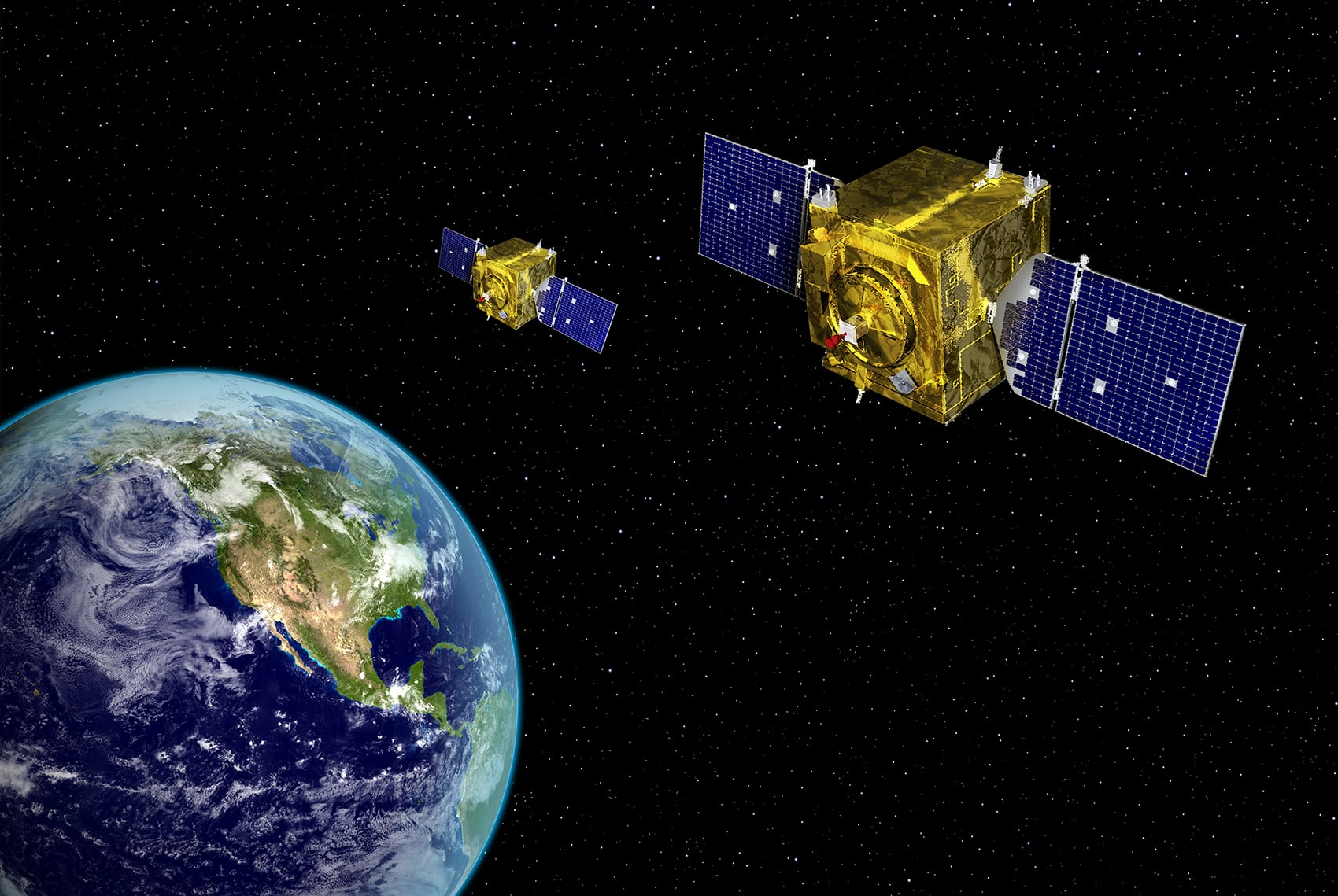WASHINGTON — The Air Force Research Laboratory issued 17 grants to scientists and engineers around the world in an attempt to accelerate innovation in quantum information science that can help the U.S. military.
AFRL’s Office of Scientific Research initially solicited white papers on four focus areas: communications, computing, sensing and timing. Ultimately, the office invited 36 submissions originating from 22 different countries to compete in for funding at a three-day virtual pitch competition in September hosted at the Million Dollar International Quantum U Tech Accelerator. Seventeen participants ultimately applied for and received one-year grants of approximately $75,000 for basic research.
RELATED

Winning submissions address a wide variety of hard-to-solve problems for the Department of Defense using quantum technologies, including quantum sensors for GPS-denied navigation, an optical atomic clock and quantum computing solutions.
“AFOSR has a long history of collaborating with academia and industry on breakthrough science critical to the future of the Air Force and Space Force capabilities,” said AFOSR Director Shery Welsh. “We are thrilled to have supported the Million Dollar International Quantum U Tech Accelerator competition as it served as a perfect entry point for us to find talented, entrepreneurial and energetic researchers dedicated to finding creative solutions that go beyond the classical quantum information science (QIS) systems.”
AFRL’s Office of Scientific Research issued the awards, with additional funding provided by AFRL’s Information Directorate, the Office of Naval Research, the Griffiss Institute, the New York State Technology Enterprise Corporation and SUNY Research Foundation.
“We are so grateful to the amazing team at AFRL’s Information Directorate for their dedication to driving quantum science through the cultivation of new partner relationships and the coordination of this very successful event,” said Welsh. “Congratulations to the new grantees — we look forward to the research results generated by this effort.”
Nathan Strout covers space, unmanned and intelligence systems for C4ISRNET.








